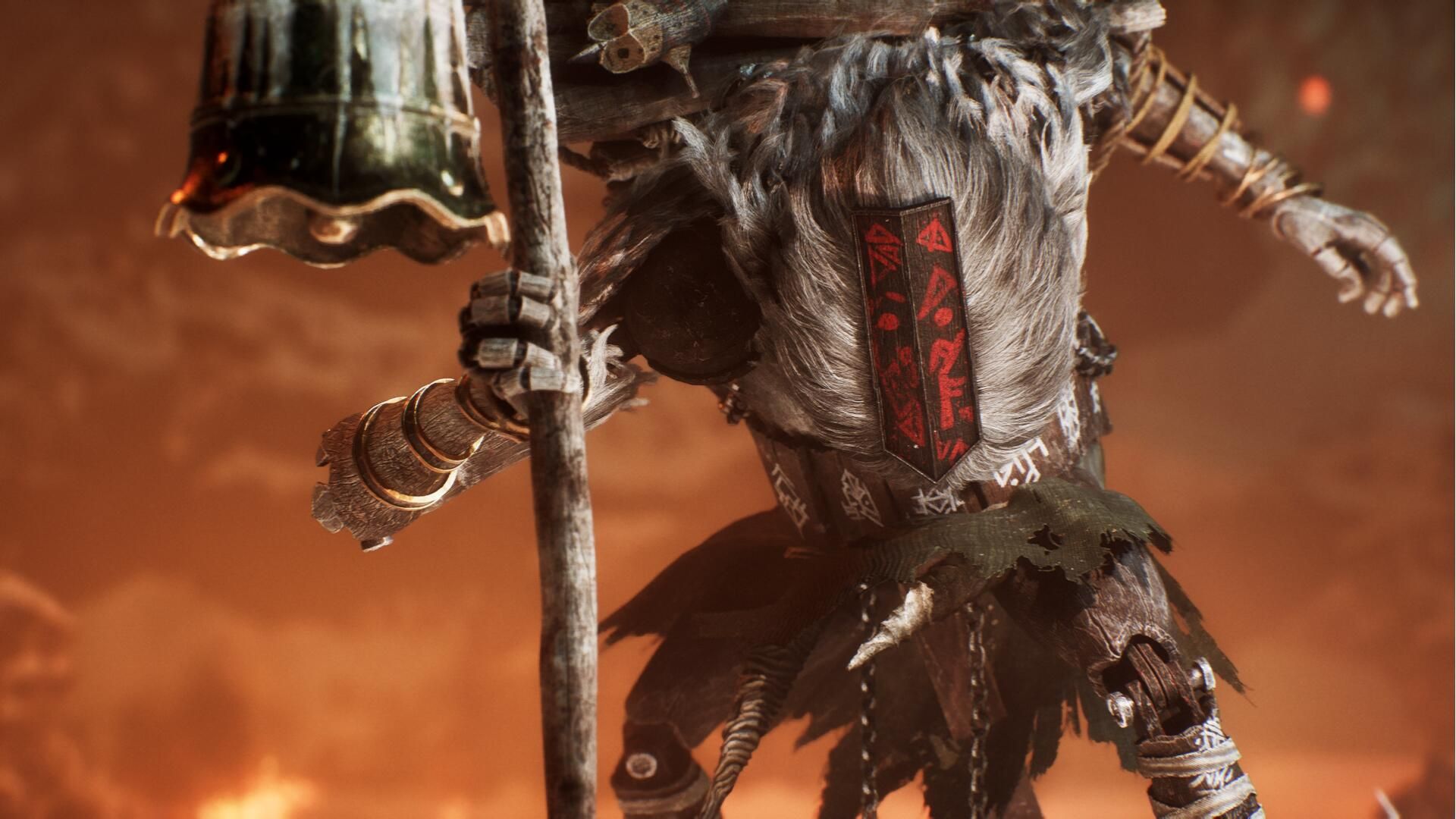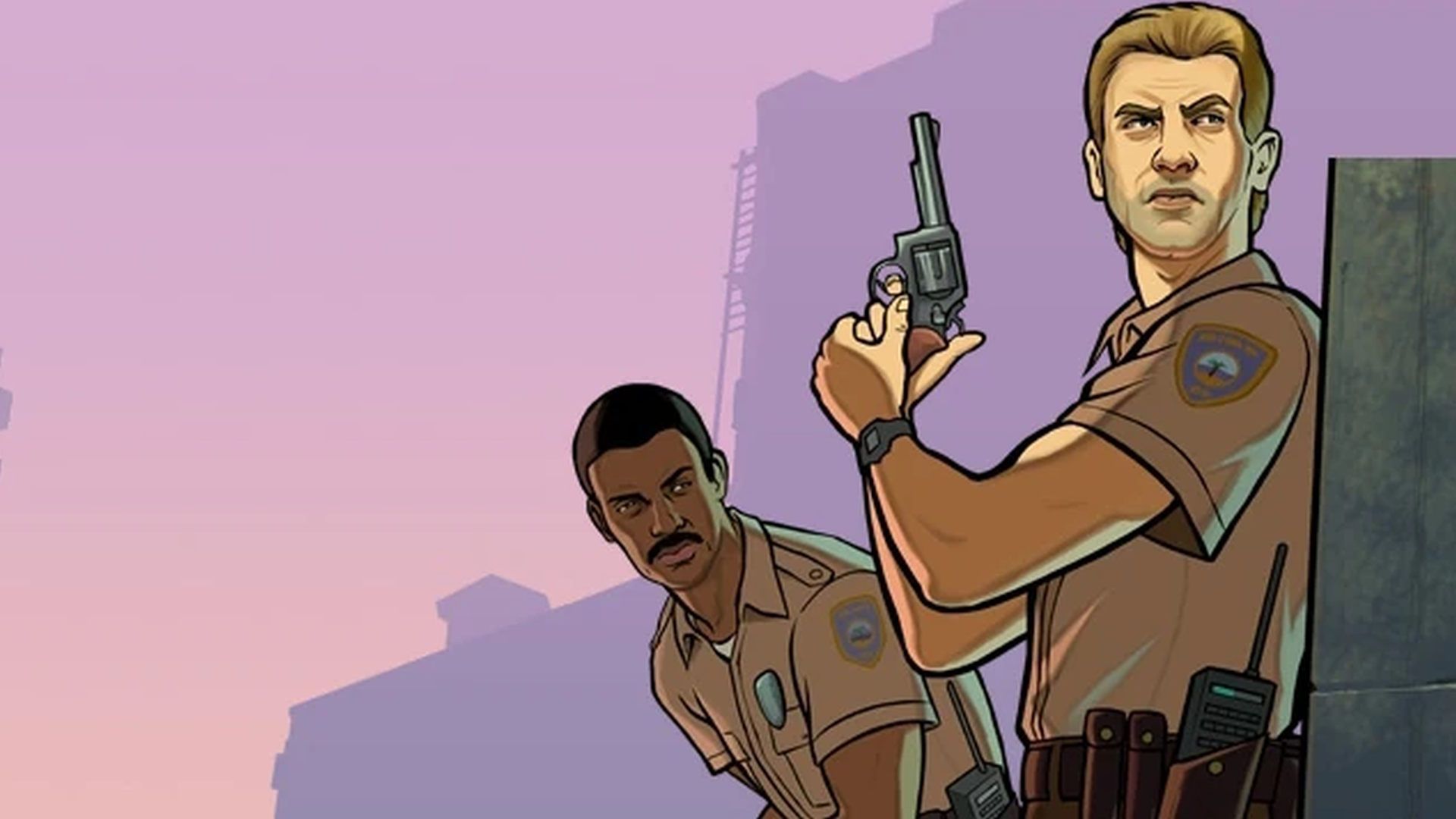
As Dungeons & Dragons grows in reputation, increasingly creators are turning to the DMs Guild as a viable supply of revenue and an opportunity to construct their tabletop roleplaying game portfolio. Dungeons & Dragons has surged in reputation over the previous few years, because of a combination of recent mainstream consciousness and a straightforward to entry ruleset. While Wizards of the Coast (and its predecessor TSR Inc.) thrived on a enterprise mannequin of near-monthly releases to offer a stream of content material for followers, they as a substitute shifted to a streamlined launch schedule of simply four to five main publications per 12 months. For a minimum of a subset of D&D followers, these quarterly releases aren’t sufficient, particularly as gamers look to department away from the “official” campaigns with both shorter or extra assorted adventures, or look so as to add extra complexity to their games by way of new rulesets.
Helping to fill this hole is the DMs Guild, an internet market owned by OneBookShelf. The DMs Guild serves as one of many main marketplaces for non-Wizards of the Coast D&D materials, and advantages from a novel licensing settlement. While anybody can publish D&D materials utilizing the “Open Gaming License” which gives strict tips as to what can and may’t seem in these publications, materials revealed on the DMs Guild can use official D&D IP and settings. This implies that designers could make adventures that includes thoughts flayers, construct out subclasses based mostly on Faerun lore, or present different guidelines for races and subclasses not coated by the Open Gaming License.
The distinctive licensing settlement of the DMs Guild has advantages for each creators and Wizards of the Coast. Creators achieve entry to an expanded set of IP, whereas Wizards of the Coast and OneBookShelf cut up a 50% share of any gross sales made on the DMs Guild. Although some see that 50/50 gross sales cut up as detrimental, many creators be aware that the DMs Guild gives a much bigger viewers, free promoting within the type of newsletters and charity bundles, and removes among the danger that comes from self-publishing. Because of these advantages, the DMs Guild has rapidly grow to be a spot the place TTRPG creators can flip their ardour into a gradual stream of revenue, or perhaps a full-time profession. Several DMs Guild creators have even gone on to work for Wizards of the Coast on official D&D tasks.
“The first time I saw the DMs Guild as a serious potential source of income was recently following the publication of Mordenkainen’s Tome of Marvelous Magic II,” mentioned Celeste Conowitch, a contract author who has labored for Wizards of the Coast, Kobold Press, and White Wolf Publishing. “I remember logging into my DMs Guild account a couple of days after publication, and being floored to see a triple-digit number in the royalties column. I was looking at a month of rent kind of money from a single product!”
An lively and thriving neighborhood of creators has additionally sprung up from the DMs Guild, offering a invaluable supply of each info, comradery, and networking. Some creators cite that neighborhood as a strategy to overcome lots of the limitations into TTRPG publishing. Willy Abeel, the creator of The Book of House, famous that networking with different designers helped present further motivation and offered invaluable perception. “Within DMs Guild alone you’ve got designers on Twitter and Facebook and especially on Discord, all hungry to talk shop,” Abeel defined. “They might not all jump in to review what you’ve made, but they’re sharing experiences, working through design problems, and collaborating with one another.” Abeel additionally credited the DMs Guild with offering him and his accomplice Leon Barillaro with entry to a keen viewers. “Being able to release game content, seeing what sticks and what doesn’t, and honing my design ability with minimal barrier to entry is invaluable.”
“The DMsGuild was the first marketplace that allowed me to gain confidence in my creativity and future projects,” defined Jacky Leung, the organizer of the Unbreakable anthology and an award-winning freelance author and editor. “Still, it was the creator community that would accelerate the trajectory into becoming a freelance TTRPG creator.” Leung began creating content material for the DMs Guild in 2018 and rapidly constructed a community by engaged on the collaborative tasks Artifacts of the Guild and the Uncaged anthologies. Leung famous that these tasks granted him further alternatives to work with different publishers.
Christopher Walz, the author of the favored An Ogre and His Cake, echoed Leung’s sentiments, noting that becoming a member of collaborative efforts and making contacts was very important in enhancing his personal work. “Listening to fans of your work is certainly important,” Walz mentioned. “But ‘talking shop’ with other creators has been invaluable.”
The reputation of the DMs Guild has even led to the creation of a devoted observe on the favored RPG Writers Workshop, a bi-annual course dedicating to instructing new creators write and publish TTRPG materials. Ashley Warren, the founding father of the workshop, famous {that a} partnership with the DMs Guild made sense as a result of it was the place so many writers publish their content material. “If writers want to leverage this massive IP archive and the decades of D&D lore to kickstart their creativity, DMs Guild is the avenue for that,” Warren mentioned. “So our partnership with the DMs Guild is to help make that path as approachable as possible and get writers to the finish line.” The DMs Guild additionally works with the Workshop to advertise work revealed Workshop individuals, which gives an early highlight for these new creators.
Because the DMs Guild is an open market the place anybody can publish, it will probably nonetheless be a tough place to get observed. Several creators famous that one key to success is to maintain creating and enhancing. “The most important thing for aspiring creators that I often tell is that the first product you release will probably be not great,” Leung mentioned. “That’s okay. Listen to feedback, improve, and continue to create. Keep on creating. The lesson is about consistency and self-improvement. Everything is a process for self-improvement of your craft. You will develop your audience over time, but it can only be done if you’re consistent.”
“The folks championing the charts are the ones who publish new material frequently, or at least consistently,” added Conowitch. “Making regular content keeps your name in people’s minds, and often time name recognition is all you need to sell a product. As a bonus, the more projects you work on, the more you learn and grow as a maker.”
Whether you’re seeking to begin a brand new profession in TTRPG or are merely seeking to share your concepts with others, the DMs Guild could be a big useful resource for these seeking to pursue game design. “I don’t think I’d be doing any of the work I currently do in the tabletop roleplaying gaming industry without DMs Guild,” Warren mentioned. “Although I was a writer and educator prior to becoming a narrative designer, DMs Guild helped me achieve an audience in ways that I never would have expected. That platform and community gave me a starting point to share my work in this industry, and through it I’ve met hundreds of people around the world and have been able to facilitate large-scale collaborations that otherwise would have taken much more of my time and resources.”


